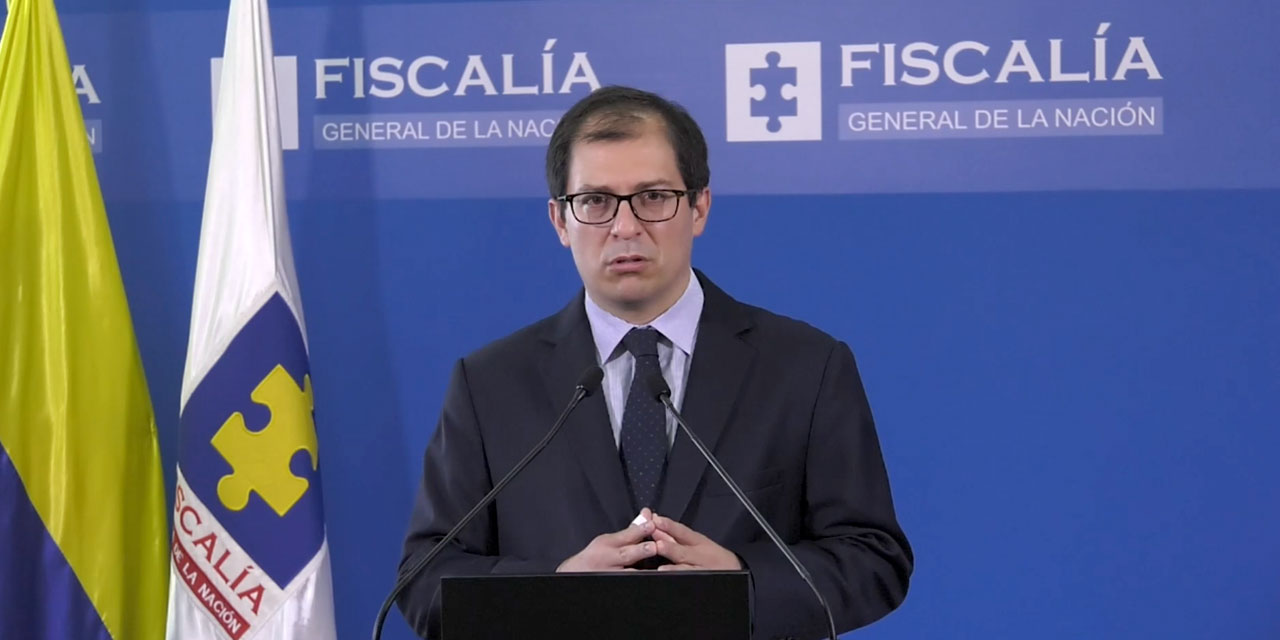Colombia’s State Council is studying a writ to nullify the election of controversial chief prosecutor Francisco Barbosa, claiming that President Ivan Duque’s friend disrupts the balance of powers.
The writ was filed by two law students who want the country’s highest administrative court to define fixed periods for a chief prosecutor that prevent the accumulation of executive and judicial power.
The balance of powers
Until 2010, the Supreme Court would elect a Prosecutor General from a presidential shortlist in the last year of his mandate, effectively preventing the merger of powers.
Due to the premature departure of two chief prosecutors, Duque was able to have his friend elected at the beginning of his four years in office.
Since his election, Barbosa has been accused of blocking an investigation into fraud in the elections of Duque and members of his far-right Democratic Center party, while embarking on a political persecution of critics.
This “is not in harmony with our judicial and constitutional order” that seeks to “guarantee the balance of powers,” according to the writ.
Gina Paola Avila and Rene Mateus Forero
In order to reestablish the balance of powers, the law students asked the State Council to declare the election of Barbosa null and void, and establish a fixed period that prevents a president to control the prosecution.
How the balance of powers were disrupted
The balance of powers began being disrupted when the Supreme Court failed to elect a Prosecutor General from former President Alvaro Uribe’s shortlist in 2010.
The court did accept the shortlist of Uribe’s successor, President Juan Manuel Santos, and elected Viviana Morales as chief prosecutor in December of that year, effectively aligning the executive branch and the Prosecutor General’s Office.
The State Council declared Morales’ election null and void in 2012 because the court lacked the sufficient number of magistrates at the time of the vote.
A writ demanding that the time in office of her successor, Eduardo Montealegre, would not be for four years, but until the end of Morales’ term was denied by the administrative court in 2013.
Consequently, Santos was allowed to endorse a new chief prosecutor in 2016, which became Nestor Humberto Martinez.
Martinez resigned in May last year 2019 after the war crimes tribunal ordered an investigation into alleged abuse of power, forcing another premature election.
A group of Supreme Court magistrates had begun blocking votes, which threatened to leave the court without the necessary number of seats to elect anyone.
The court elected Barbosa from Duque’s shortlist just before running out of seats again early this year.


